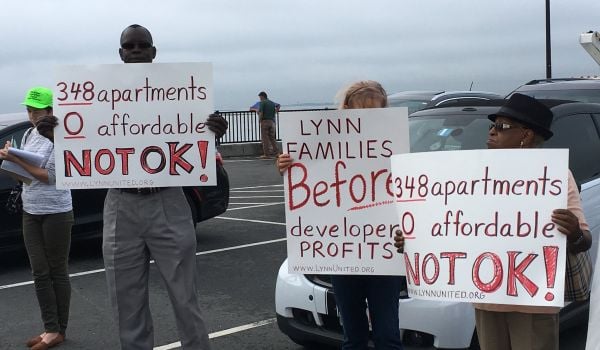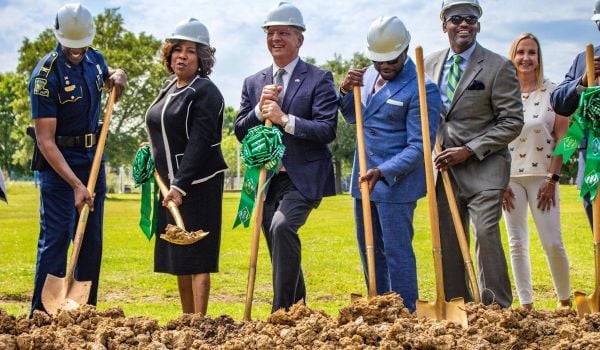Planning. Global warming. Infrastructure. “Urban” as a synonym for “black.”
What, exactly, is an urban agenda? The issues of particular concern to urban dwellers also affect the nation as a whole. It can mean different things to different people in different election years. And individual cities face their own unique problems.
To try and shape the definition of an urban platform and stress the importance of urban policy to the rest of the country, some individuals and organizations have begun reaching out to federal officials, presidential candidates and the public.
The US Conference of Mayors released in January a 10-point plan that lays out its federal urban agenda. The priority of the plan was to increase funds coming from the federal government to cities. At the top of the list, the conference sought funds so that cities could do their part to combat global warming. They next asked for money to help battle crime, revitalize communities, and lower the cost of housing. Infrastructure was a paramount concern as well, and they asked for tax incentives and bonds to address this neglected need. A commitment to workforce development came next, followed by a request by cities for a role in developing federal policies concerning children. Finally, the conference asked that the 9/11 Commission recommendations be fully implemented and for stronger laws restricting unfunded mandates that hamper localities.
Some observers place the emphasis on the need for new policies, not more money. With an acknowledgment towards fiscal restraints, Bruce Katz, of the Brookings Institution think tank, said that federal policies must differ dramatically from the past. He thinks housing policy should create desirable neighborhoods, not simply crowd disadvantaged residents into dense enclaves. Also, he says the government needs to do more to emphasize to the private sector the desirability of inner city areas, with their “dense living patterns [and] access to built infrastructure.” He does, however, call on the federal government to ensure federal investment in infrastructure.
Another perspective views “urban” as a synonym for “black”. The National Urban League, for example, is an organization of African Americans. A columnist for the Black Press of America notes that poverty is central to this viewpoint.
These issues and goals are not unique to cities, of course. They are of increasing concern to suburbanites who, as Katz noted, deal with many of the same things. Fred Siegel, a professor and Giuliani biographer, seconds that: “The division between urban affairs and national affairs is not as sharp as it might once have been,” he told City Mayors magazine. This may improve the chances that these issues are addressed by candidates.
Another boost to states where many people call cities home might be a new primary schedule that gives those states a more prominent role. Washington Post columnist David Broder is of the opinion that the new schedule is bringing urban issues into the spotlight. He says, with approval, that the Democratic primary includes a “sharp competition among the leading candidates to become champions of urban America.”
In contrast to this upbeat assessment, only three of the 18 presidential candidates accepted invitations to speak to the Conference of Mayors in July. Additionally, Rudolph Giuliani and Mitt Romney both declined invitations to speak to the Urban League this past summer.
Even if the prospect that urban issues have a better chance this primary season holds true, however, the blog of Fair Vote, an electoral reform advocacy group, says this attention may be fleeting. The blog notes that many of the states with high urban populations are considered safe in the general election for one of the major parties. “As soon as the parties have effectively wrapped their nominations (which may be as early as February…or possibly earlier!), it is possible that those very issues that the candidates once held so close to their hearts will suddenly drop off the radar,” it lamented.









